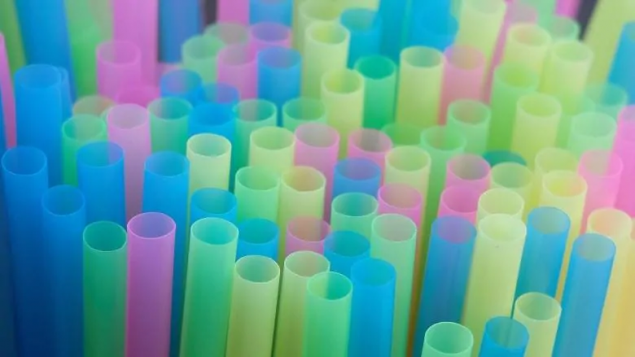The Canadian federal government said that it’s still on track to ban single use plastics in 2021.
“Science confirms that plastic pollution is everywhere and is negatively impacting our environment. This assessment will inform our decisions as our government follows through on our commitment to ban harmful single-use plastics as soon as 2021 because Canadians expect us to, said Canada’s Minister of Environment and Climate Change, Jonathan Wilkinson, in a press release.
Last week the Canadian government released a report that said that there is enough evidence to prove that plastic pollution is harmful to the environment.
According to the report, 29,000 tonnes of plastic pollution can be seen on our shorelines, surface waters, soil, groundwater, and even our air. Most of which are bottle caps, water bottles, plastic bags, and cigarette butts.
Just last summer, Canada’s Prime Minister, Justin Trudeau announced that he wanted to ban harmful single use plastics, and hold companies responsible for the harmful effects of plastic waste.
“Canadians know first-hand the impacts of plastic pollution, and are tired of seeing their beaches, parks, streets, and shorelines littered with plastic waste. We have a responsibility to work with our partners to reduce plastic pollution, protect the environment, and create jobs and grow our economy. We owe it to our kids to keep the environment clean and safe for generations to come,” Trudeau said at the time.
However, Sarah King the head of oceans and plastics campaign at Greenpeace Canada. said that the Canadian government could have announced the decision to ban single use plastics sooner than they did.
She also hoped that when the federal government does eventually release the list of banned plastics, that it is a comprehensive list of the plastics that Canadians are struggling to avoid using in their daily lives.
“We still aren’t any further ahead in terms of removing some of these problematic plastics from circulation in Canada and stopping their production, distribution and consumption,” King said. “The federal government needs to be looking at the full array of single use plastics and packaging that are regularly found in the environment that we know are clogging our waste management system.”
King also stressed the importance of looking for alternative ways to box and deliver items
“The only real way to stop plastic pollution is to stop the actual problem at the source,” said King. “So that means cutting production of the most problematic and unnecessary plastics.
While the Canadian explores its options on its plan to ban single use plastics, some municipalities are exploring bans as well.
Last year, the city of Vancouver approved a ban on plastic straws starting this April, and plastic bags starting next year. The city of Montreal is also exploring a ban on single use plastics and Styrofoam food containers.







For reasons beyond our control, and for an undetermined period of time, our comment section is now closed. However, our social networks remain open to your contributions.